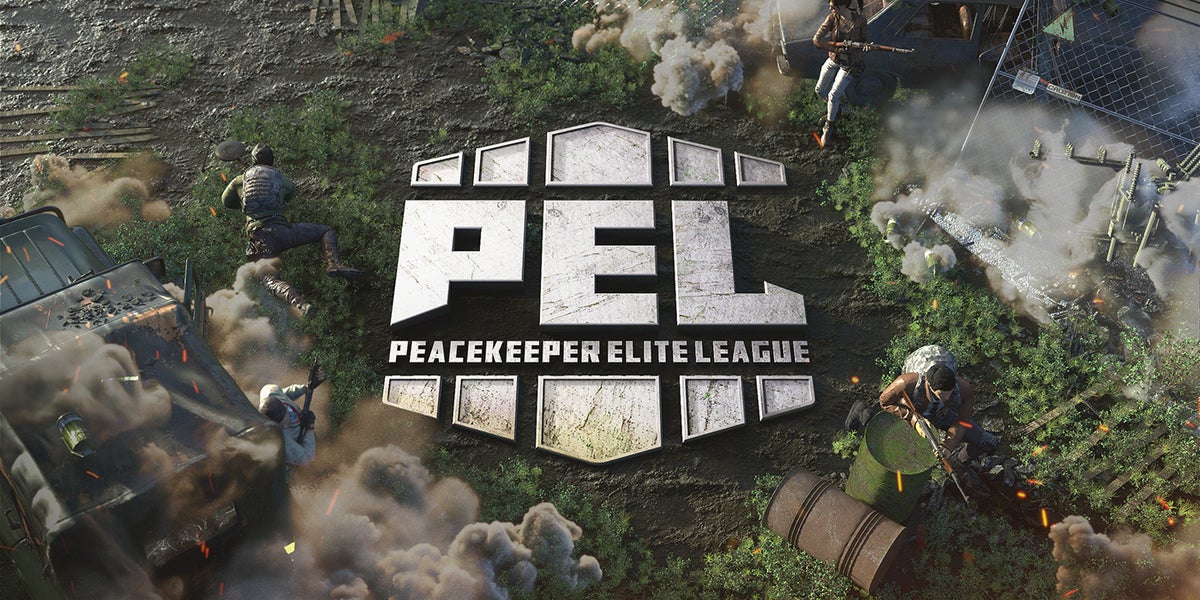Victory for Tencent: Protecting Intellectual Property in the Gaming World
Tencent, a global technology and entertainment conglomerate, has secured a significant legal victory in its intellectual property (IP) lawsuit against a leaker of content from “Peacekeeper Elite,” the Chinese version of the popular mobile game PUBG Mobile. This case, which began in January 2022, highlights the ongoing battle against IP infringement in the gaming industry and underscores Tencent’s commitment to safeguarding its creative assets.
The Case: Unveiling Illicit Activities
The legal battle centered around Li Moumou, known online as “Xiaopang Commentary.” The Shenzhen Bao’an District People’s Court found Li Moumou guilty of infringing upon the IP rights of “Peacekeeper Elite.” The court’s ruling confirmed that Li Moumou had illegally decompiled and reverse-engineered the game to access and leak unreleased content.
According to reports, Li Moumou used illicit tools to gain access to undisclosed game design content. This leaked material was then shared through viral videos on popular platforms such as Douyin and Kuaishou. These actions not only violated Tencent’s IP rights but also allowed Li Moumou to profit illegally from the resulting traffic.
The Court’s Decision: Justice Served
In its first-instance judgment, the court ordered Li Moumou to cease all infringing activities immediately. In addition to halting the leaks, Li Moumou was mandated to issue a public apology to Tencent for the damages caused. The court also ordered the defendant to pay compensation to Tencent for the economic losses suffered as a result of the IP infringement. The specific amount of compensation was not disclosed.
Tencent’s Stance: A Firm Commitment to IP Protection
Tencent has made it clear that it takes IP protection seriously. The company has implemented a reward system to encourage players to report any violations of its IP rights. This system offers cash or equivalent rewards for valuable information, fostering community participation in protecting the game’s content. This initiative demonstrates Tencent’s proactive approach to maintaining the integrity of its games and content.
Broader Implications: The Fight Against Content Piracy
Tencent’s victory in this case reflects a broader effort to combat video content piracy, a persistent issue in global markets. As analyst Vivian Toh noted, the challenges of addressing cross-border infringement are significant. Tencent’s success in this case underscores its determination to protect its intellectual property rights, setting a precedent for other companies facing similar challenges.
Other Legal Battles: Tencent’s Ongoing Efforts
In addition to the “Peacekeeper Elite” case, Tencent has been actively pursuing legal action against other entities for IP infringement. The company has targeted ByteDance, the owner of TikTok and Douyin, over the unauthorized use of its content. While the outcomes of these lawsuits have not been publicly disclosed, they highlight Tencent’s consistent efforts to protect its IP across various platforms.
Tencent also recently won a copyright infringement case in a US district court against Unblock Tech, a Taiwan-based TV box firm. The court ordered Unblock Tech and its distributors to pay nearly $85 million in compensation for violating copyrights on over 1,500 Tencent shows, including popular titles like “Little Days” and “Three Body Problem.”
The Significance of IP Protection in the Gaming Industry
Intellectual property protection is crucial for fostering innovation and creativity in the gaming industry. Developers invest significant resources in creating games and related content, and protecting these assets from infringement is essential for sustaining the industry’s growth.
Encouraging Innovation
Strong IP protection encourages game developers to take risks and invest in new ideas. Knowing that their creations are protected from unauthorized copying and distribution, developers are more likely to push the boundaries of game design and technology.
Maintaining Revenue Streams
IP protection helps game developers maintain their revenue streams. By preventing piracy and unauthorized use of their content, developers can ensure that they are fairly compensated for their work. This is particularly important in the mobile gaming market, where free-to-play games often rely on in-app purchases for revenue.
Protecting Brand Reputation
IP protection also helps game developers protect their brand reputation. Unauthorized copies of games can often be of lower quality, which can damage the reputation of the original developer. By taking legal action against infringers, developers can maintain control over the quality of their products and protect their brand image.
Conclusion: A Victory for IP Rights
Tencent’s successful lawsuit against the “Peacekeeper Elite” leaker is a significant victory for intellectual property rights in the gaming industry. The court’s decision sends a clear message that IP infringement will not be tolerated, and that companies will take legal action to protect their creative assets. This case underscores the importance of IP protection for fostering innovation, maintaining revenue streams, and protecting brand reputation in the gaming world.

